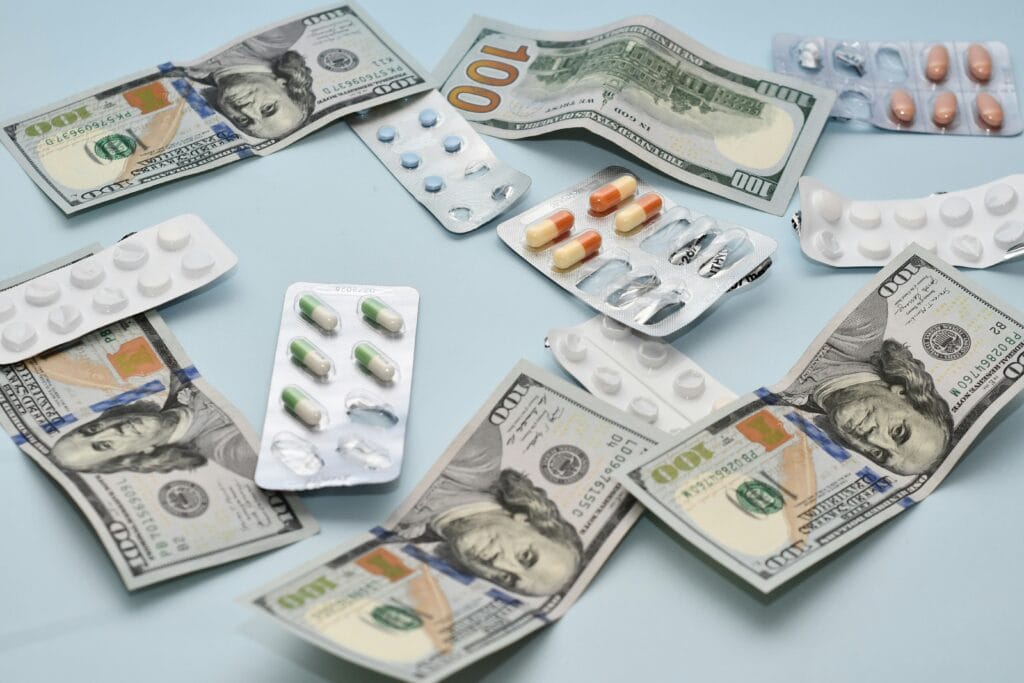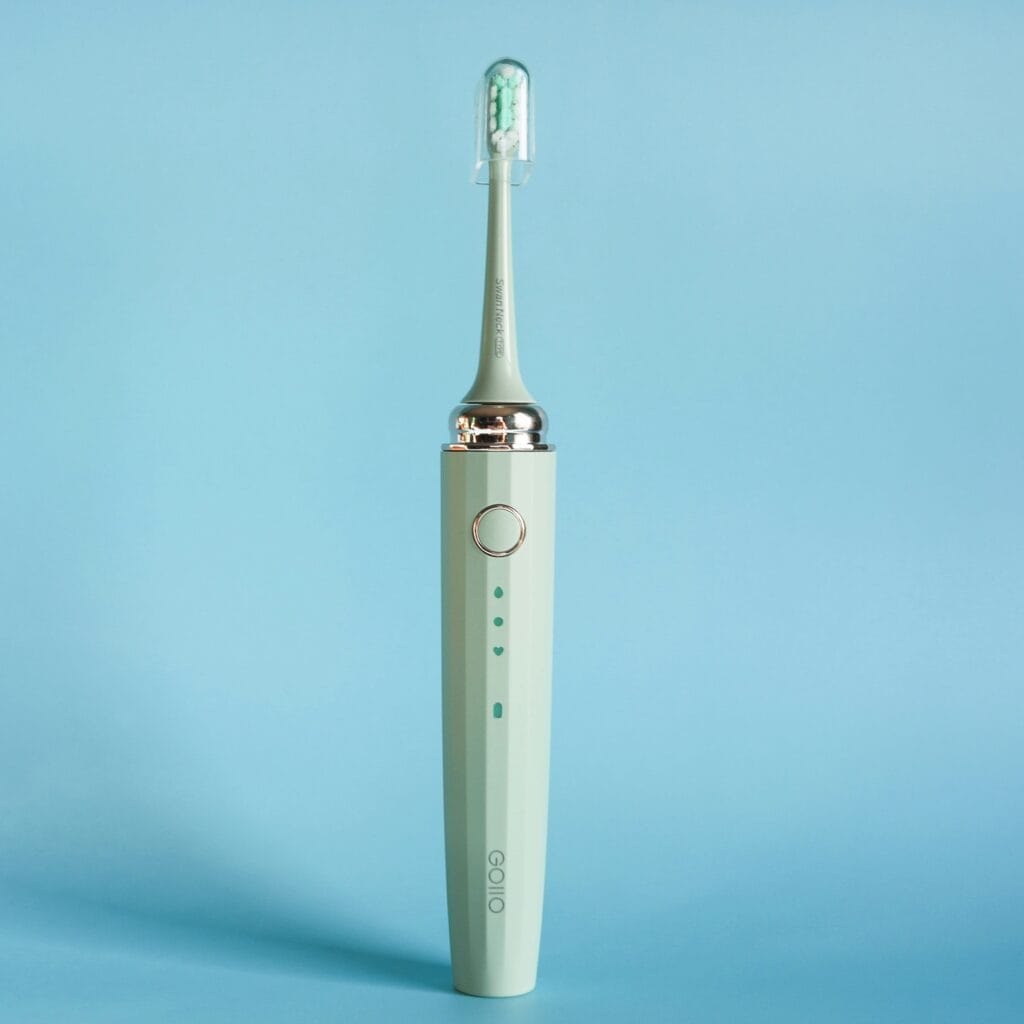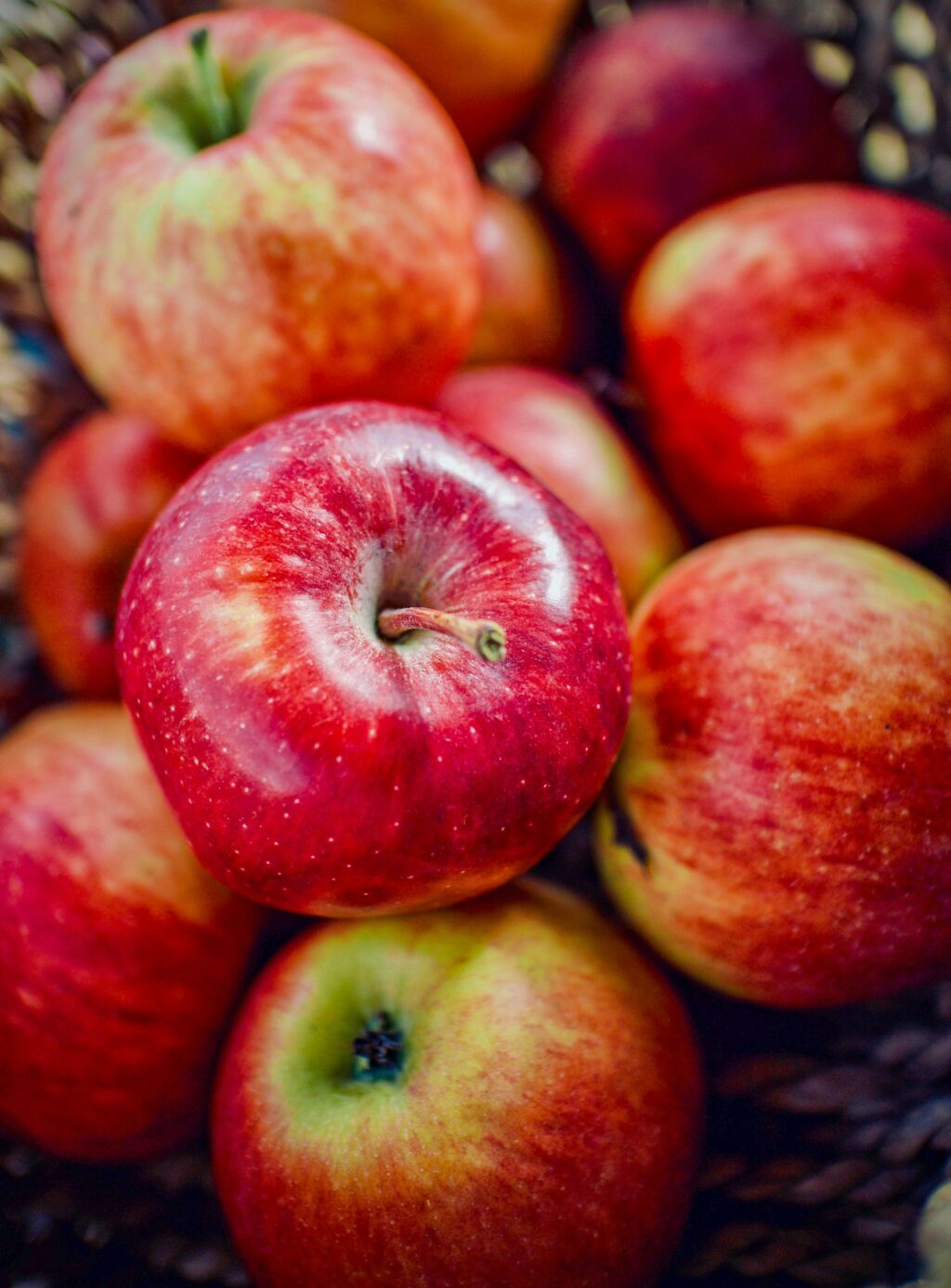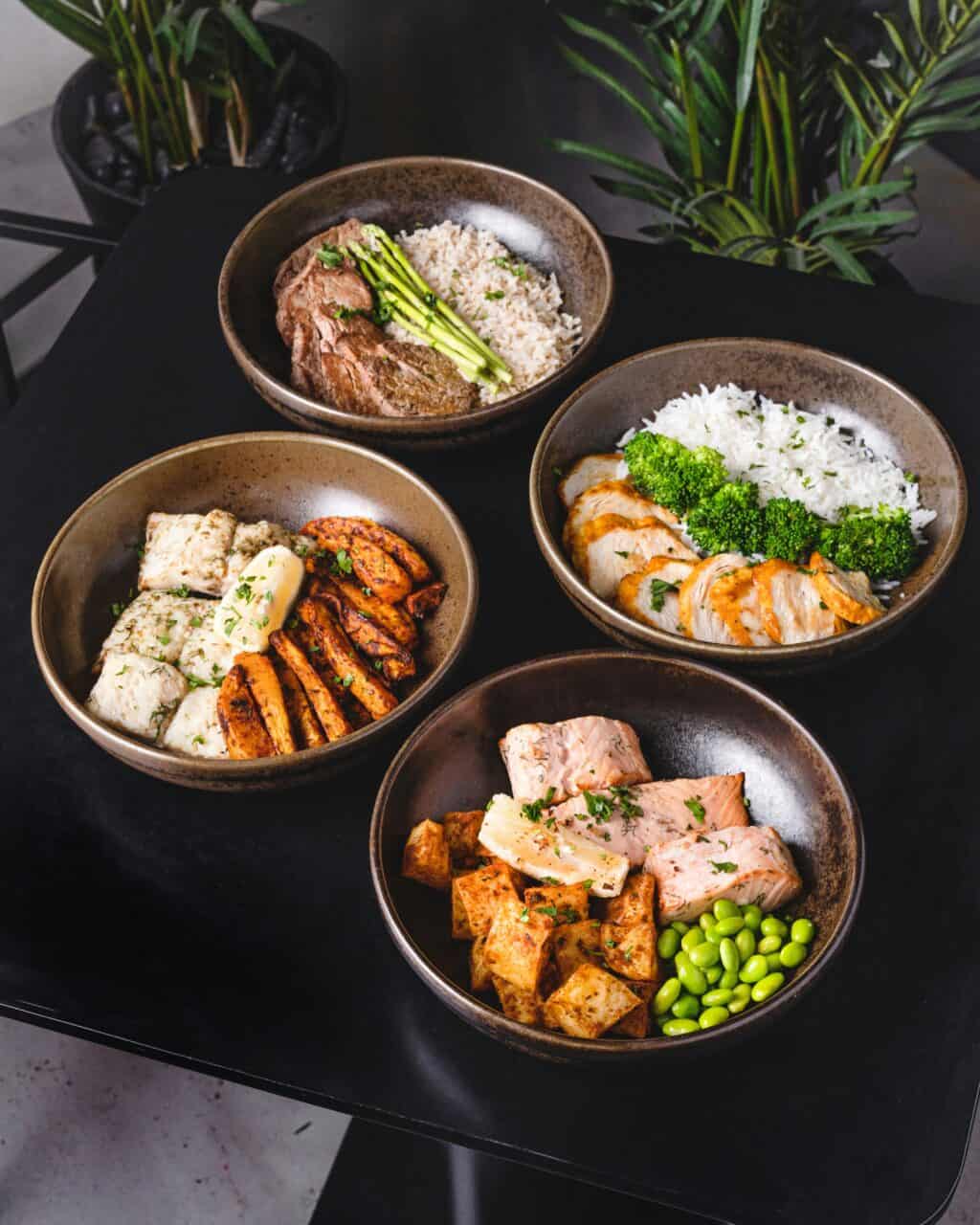A groundbreaking meta-analysis examining 108 randomized controlled trials with over 7,000 participants has provided compelling evidence that garlic supplementation can significantly improve cardiovascular health. This comprehensive research offers exciting insights into how this common kitchen staple can serve as a powerful ally in maintaining heart health and managing key cardiovascular risk factors.
Impressive Cardiovascular Improvements
The research demonstrates that garlic supplementation delivers meaningful improvements across multiple cardiovascular health markers. Most notably, participants experienced a substantial reduction in systolic blood pressure of 3.71 mmHg and diastolic blood pressure of 1.97 mmHg. These improvements are particularly significant because even modest reductions in blood pressure can translate to meaningful decreases in cardiovascular disease risk.
The cholesterol benefits are equally encouraging. Garlic supplementation led to a 10.21 mg/dL reduction in total cholesterol and a 5.9 mg/dL decrease in LDL cholesterol (the “bad” cholesterol), while simultaneously increasing HDL cholesterol (the “good” cholesterol) by 2.18 mg/dL. Additionally, triglyceride levels dropped by 5.8 mg/dL, creating a more favorable overall lipid profile.
Beyond Traditional Markers
The benefits extend well beyond basic cholesterol and blood pressure improvements. Garlic supplementation enhanced blood sugar control, reducing fasting glucose levels by 2.77 mg/dL and improving insulin sensitivity as measured by HOMA-IR scores. The research also revealed powerful anti-inflammatory effects, with significant reductions in C-reactive protein and TNF-alpha, both key inflammatory markers linked to cardiovascular disease.
Perhaps most impressively, garlic demonstrated potent antioxidant properties, increasing total antioxidant capacity while reducing oxidative stress markers like malondialdehyde. This dual action suggests garlic helps protect the cardiovascular system from multiple pathways of damage.
The Science Behind the Benefits
Garlic’s remarkable cardiovascular effects stem from its rich content of sulfur-containing compounds, particularly allicin, which gives garlic its distinctive aroma. These bioactive compounds work through multiple mechanisms to support heart health: they reduce oxidative stress and inflammation, promote healthy blood vessel dilation, help regulate cholesterol synthesis and absorption, and prevent excessive platelet aggregation that can lead to blood clots.
Optimizing Garlic’s Effectiveness
The research provides valuable guidance for maximizing garlic’s benefits. The most effective dosage appears to be at least 1,000 milligrams per day, with this amount showing superior results compared to lower doses. Garlic tablets containing garlic powder emerged as the most commonly studied and effective form of supplementation.
Importantly, the research reveals that garlic works best for those who need it most. Individuals with elevated baseline levels—such as those with high cholesterol (total cholesterol above 200 mg/dL or LDL above 130 mg/dL) or high blood pressure (systolic above 135 mmHg or diastolic above 85 mmHg)—experienced the most dramatic improvements.
Quality Research Foundation
The strength of this evidence comes from its comprehensive scope, analyzing studies ranging from 2 to 52 weeks in duration and including participants with various health conditions, from type 2 diabetes to fatty liver disease, as well as healthy individuals. The majority of included studies (72 out of 108) met high-quality research standards, with the most robust evidence supporting garlic’s blood pressure benefits.
A Natural Approach to Heart Health
This extensive research positions garlic as a promising natural intervention for cardiovascular health. The evidence is particularly strong for blood pressure reduction, offering hope for those seeking natural approaches to complement their heart health strategy. While the cholesterol benefits show promise, especially for those with elevated levels, the blood pressure improvements demonstrate garlic’s potential as a valuable addition to a heart-healthy lifestyle.
For individuals looking to support their cardiovascular health naturally, this research suggests that a daily 1,000 mg garlic supplement could provide meaningful benefits, particularly for those with existing cardiovascular risk factors.
Photo by Joey Huang on Unsplash










